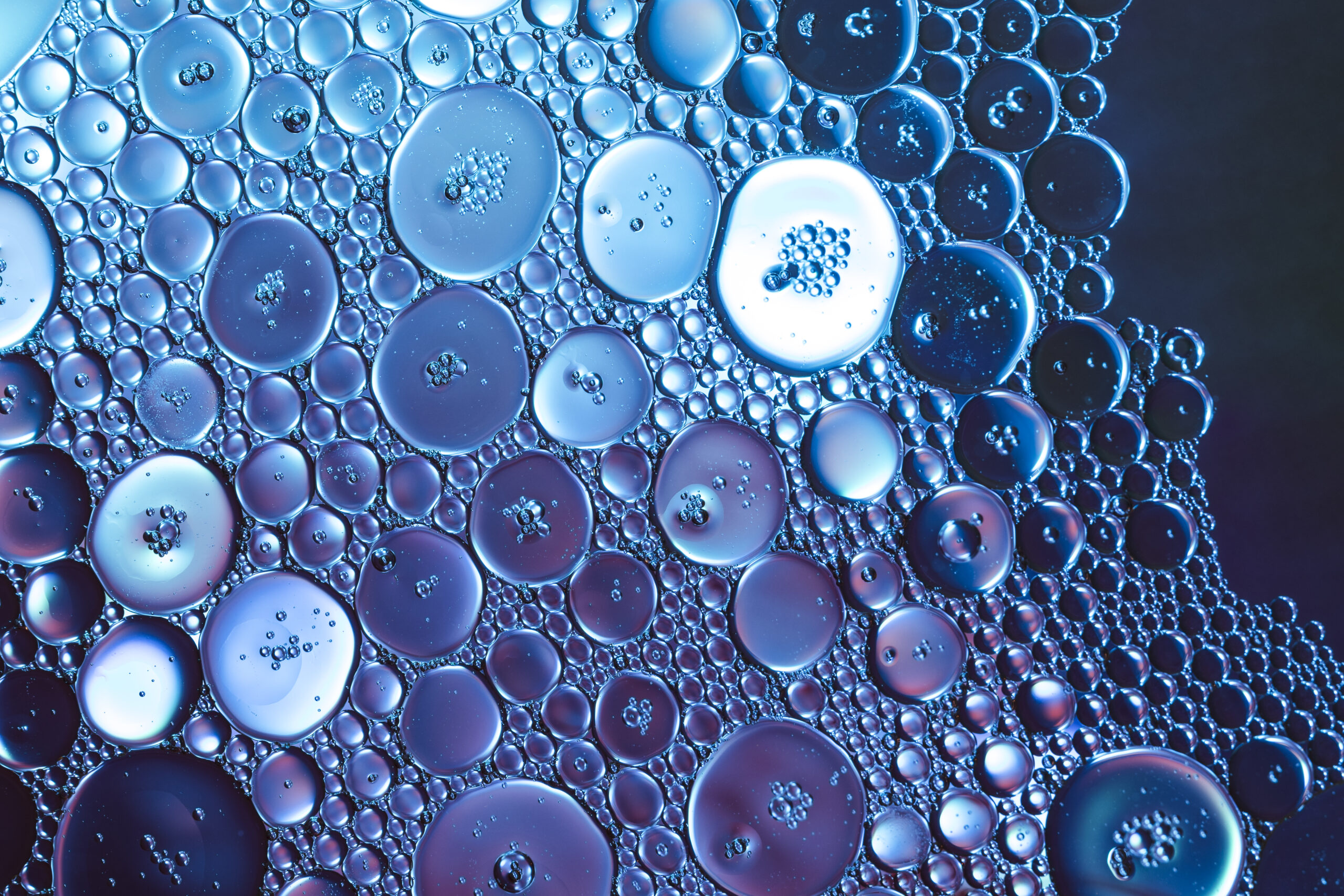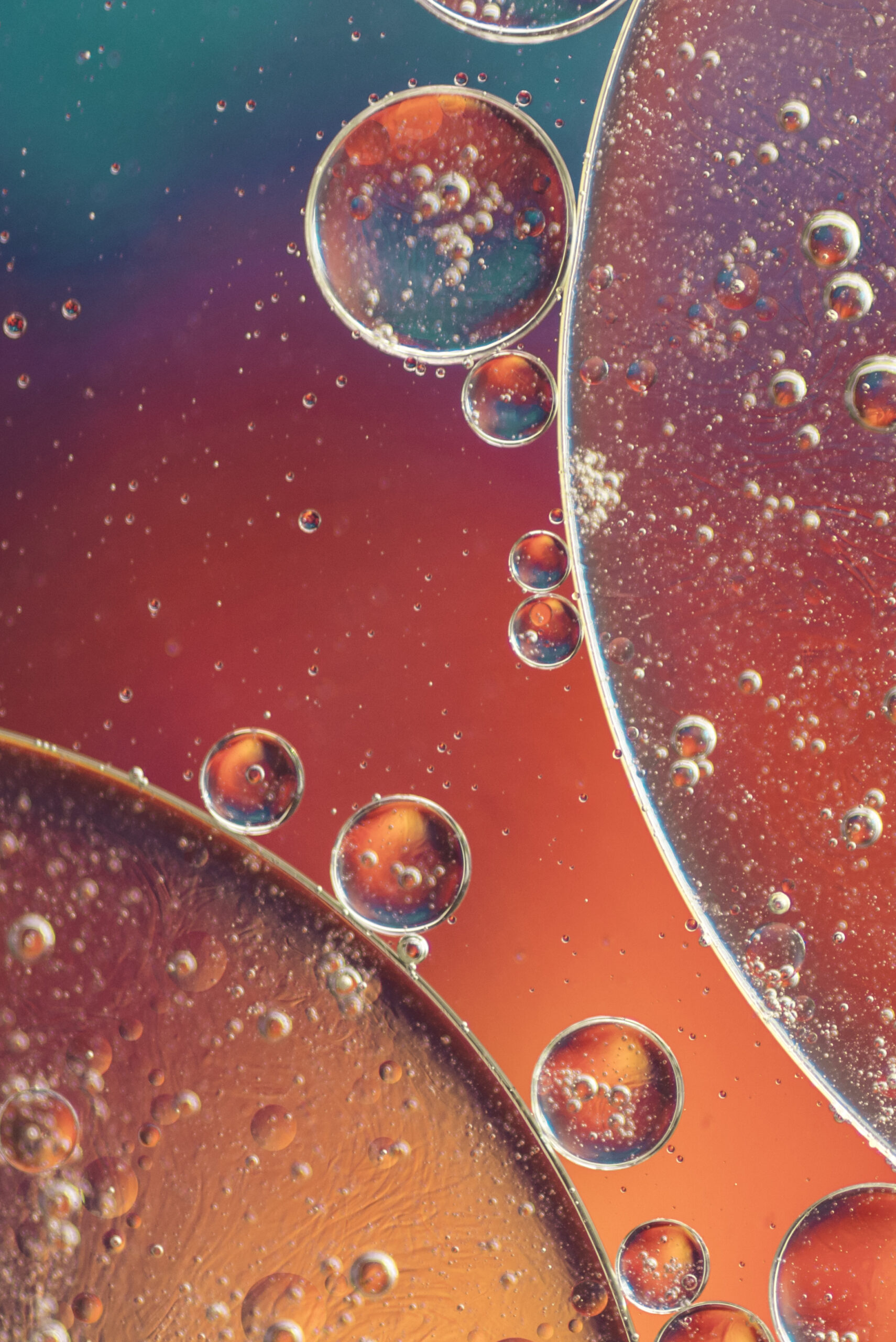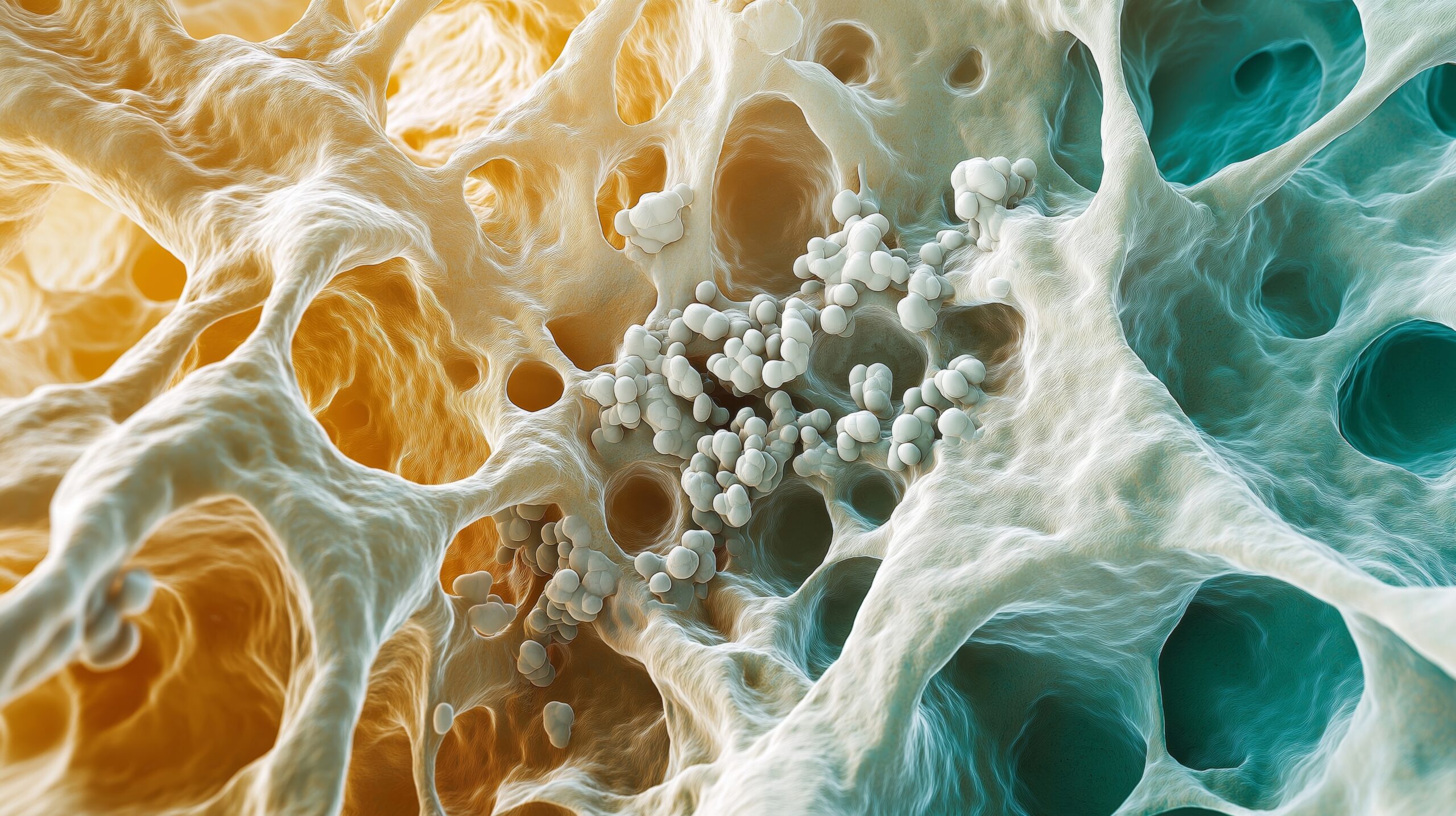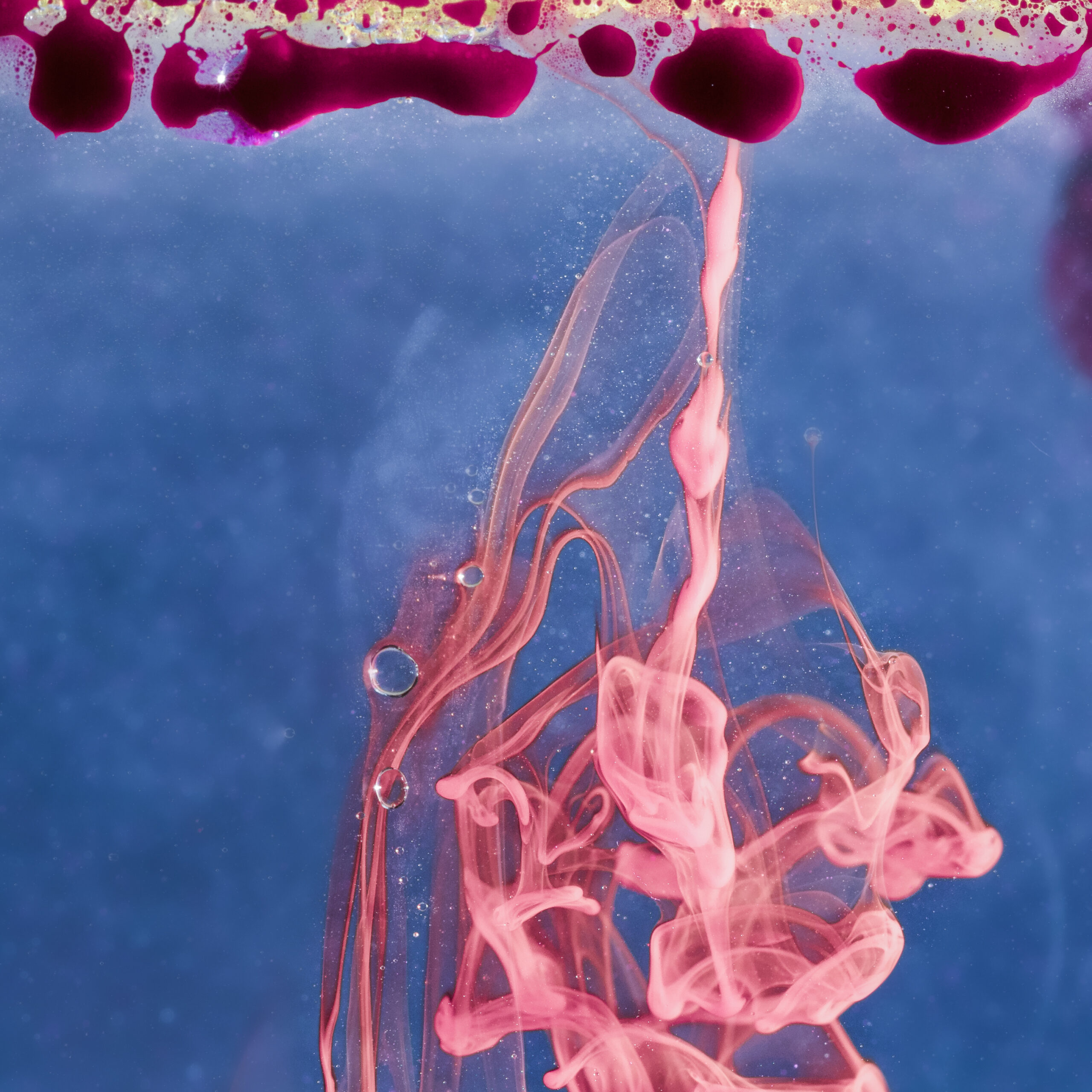


Mesenchymal stem cells (MSCs) are multipotent progenitor cells found in connective tissues. They have the unique ability to migrate to damaged tissues, differentiate into various cell types (osteoblasts, chondrocytes, adipocytes, etc.), and evade immune rejection. These properties make them one of the most widely studied cell types in regenerative medicine and cellular therapy.

Healing, Redefined
Proven Cell Power
The clinical applications of MSCs are highly diverse:
Accelerate tissue regeneration and repair.
Support vascular repair and improve blood flow.
Studied for their potential role in supporting pancreatic function.
Contribute to regeneration in orthopedic cases.
Investigated for their potential to prevent vision loss.
Provide neuroprotective effects.
Regulate immune responses and reduce inflammation.
MSCs can be derived from multiple tissues throughout the body. The most commonly used sources include:
In the laboratory, cells are isolated from these sources, cultured under sterile conditions, and expanded to produce sufficient quantities suitable for therapeutic use.


MSCs are not only crucial for current therapies but are also expected to play a major role in personalized medicine in the future. Ongoing clinical trials are rapidly advancing, and when combined with gene-editing technologies, MSCs may open the door to entirely new therapeutic possibilities.
MSCs are multipotent stem cells found in connective tissues. They can migrate to damaged areas, differentiate into various cell types, and evade immune rejection.
MSCs can be derived from bone marrow, umbilical cord, adipose tissue, dental pulp, placenta, and amniotic fluid.
MSCs are used in the treatment of chronic wounds, burn scars, vascular and cardiac diseases, diabetes, bone and cartilage injuries, retinal diseases, neurodegenerative disorders, and autoimmune conditions.
Clinical studies suggest that MSCs are safe due to their immunosuppressive properties. However, like all medical treatments, they should only be administered under expert medical supervision.
Yes, MSCs are being investigated as a promising therapy for graft-versus-host disease (GVHD) that may occur after allogeneic transplantation.
MSC therapies may provide long-lasting benefits by supporting tissue regeneration. However, the duration and effectiveness of the results vary depending on the patient, the condition being treated, and the method of application.

Neurodigigen Founded in early 2024 by managing partners experienced in Neuromodulation and
Neuroscience, with a broad network of healthcare
institutions and professionals across Turkey and
Azerbaijan.
Biruni Teknopark Kazlıçeşme, Zeytinburnu/İstanbul
*Get the latest updates, health tips, and exclusive offers straight to you.
Copyright © 2025 All Rights Reserved.
WhatsApp us